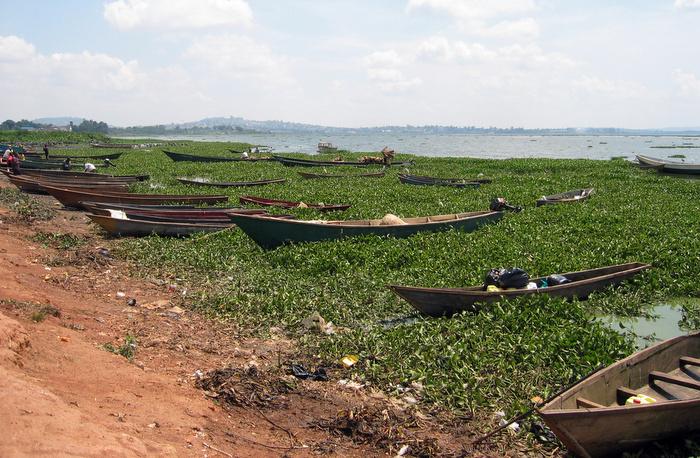Keep it Green: Introduction of alien invaders

PHUKET: One hot and dusty afternoon years ago I was driving along a remote Colorado road when I passed a large wayside bundle. Curious, I stopped. It was a huge carp, out of its natural element but still gasping for air under a blazing sun. I picked the slimy thing up, all of thirty pounds, wrapped it in a towel and dropped it into the next river we came to. It may well have survived the ordeal, for carp are tough, one of the reasons why they have become so reviled in North America.
Mostly grass, black or silver carp from Asia, they are indiscriminate feeders, grow fast, adapt to conditions where there is little oxygen, can colonize almost any body of water and compete successfully with more desirable native fish.
Asians eat carp but Americans do not: doubtless the fisherman who had slung it out of his pickup had no interest in cooking it for dinner. Indeed, there is a senate-led campaign to try to limit the carp’s habitat and especially to stop it from invading the Great Lakes, where salmon and trout rule the roost.
The story can be repeated literally hundreds of times around the globe. In fact, the real culprits are not the creatures themselves but mankind, who by introducing these alien species, either by accident or design, has played havoc with a fragile biodiversity established over millions of years.
In general, Thailand has been less affected by invasive aliens. Part of the reason for this may reside in the Thai predilection for seeing creatures – birds, reptiles, mammals and insects alike – as readily available sources of food.
The presence of invasive plants, moreover, is rarely critical.
In Phuket, I would only point an accusatory finger at one plant – the water hyacinth (eichornia crassipes). Originally from the Amazon basin, it has become a pernicious presence here. In Phuket Town, it has blocked canals by a presence that not only clogs the water, but impedes the passage of boats, provides a prime habitat for mosquitoes, and, most importantly, kills off fish by starving the water of life-giving oxygen.
It’s an ill wind, as the water hyacinth is used elsewhere for fuel, fertilizer and even for making woven furniture and bags. But the downside, as with most of these invaders, far outweighs the benefit. Meddling man is at it again…
If you have gardening or environmental concerns, contact Patrick at drpaccampbell@gmail.com.
— Patrick Campbell
Latest Thailand News
Follow The Thaiger on Google News:


























